This initiative has recruited over 100 students to work with academic staff in schools on reviewing curriculum content, delivery methods and resources in relation to the representation of racial, ethnic, and cultural identities. This has led to the implementation of the Inclusive Practice Mark, which can be awarded to modules showing evidence of engagement in diversifying and/or decolonising the curriculum. The Inclusive Practice Mark has been embedded into quality enhancement processes in Brighton since 2022.
Resources required:
- Use associated sample and accompanying materials.
Available evidence of impact:
- We are evaluating the impact of this work using TASOs theory of change model.
- We draw on both qualitative and quantitative data about student attainment and continuation, as well as perceptions of the representation of diverse identities and belonging and inclusion on their modules.
Links to available resources:
Implementation and potential challenges:
- Engagement/commitment.
- Support from colleagues and seniors at university level.
How to Use:
- Refer to IPP scheme.
- Consider core modules to review as a minimum.
- Produce evaluation tools for academics to reflect on diversity of resource lists.
- Collect data and analyse.
- Present finding to school/departments.
- Implement an accreditation framework.
- Measure impact and outcomes.
- Funding must be made available to employ student ‘partners’ who review module content for its inclusivity.
- At a university level, a professional accreditation (such as the Inclusive Practice Mark) can be awarded to modules that are assessed as being committed to diversifying and decolonising the curriculum.
- Monitoring of engagement with the accreditation can form part of an institutional strategy to improve the place of race within teaching.
- Can form part of a Race Equality Charter action plan.
- Working towards this accreditation can be acknowledged within promotion processes in departments to encourage further participation.




